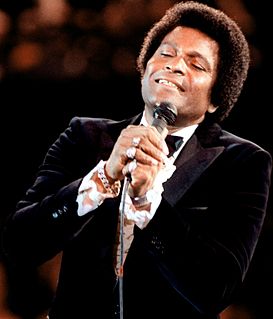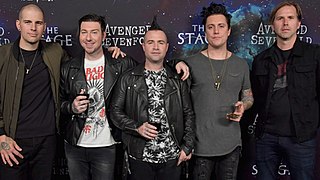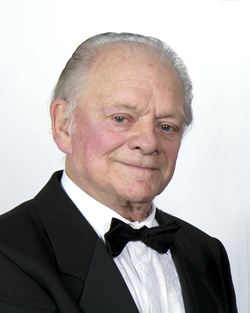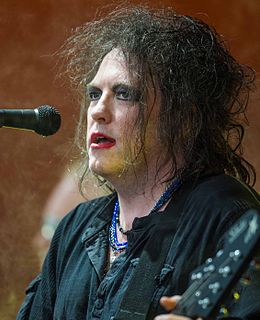A Quote by Charley Pride
There were very few black people in Montana but we never felt out of place.
Related Quotes
The other thing that I got back then - the Parker novels have never had much of anything to do with race. There have been a few black characters here and there, but the first batch of books back then, I got a lot of letters from urban black guys in their 20s, 30s, 40s. What were they seeing that they were reacting to? And I think I finally figured it out - at that time, they were guys who felt very excluded from society, that they had been rejected by the greater American world.
When I was growing up, there was no one. There were very few black women in tech; there were very few black women in the fashion game. We didn't have our Grace Jones - Grace Jones was before my time. We didn't really have a lot of black women in electronic and punk who were celebrated in the same levels as, say, your big mega-superstars.
White people scare the crap out of me. I have never been attacked by a black person, never been evicted by a black person, never had my security deposit ripped off by a black landlord, never had a black landlord, never been pulled over by a black cop, never been sold a lemon by a black car salesman, never seen a black car salesman, never had a black person deny me a bank loan, never had a black person bury my movie, and I've never heard a black person say, 'We're going to eliminate ten thousand jobs here - have a nice day!'
The true story is that black people need to tell their history. Very few films are made by black people about slavery. That itself is a crime because slavery is a very important historical event that has held our people hostage. Forget white people's role in it. In the end what's important is black people remain and live with the scars and psychological issues.
If we have learned anything in the past ten years, it is that these lovely things about America were never lovely. We have been expansionist and aggressive and mean to other people from the beginning. And we've been aggressive and mean to people in this country, and we've allocated the wealth of this country in a very unjust way. We've never had justice in our courts for the poor people, for black people, for radicals. Now how can we boast that America is a very special place? It's not that special. It really isn't.
There were only two times in my life when I've actually felt down about things and gotten myself into a full mental mess. One of the times was in 1982. I had a horrible time for a few months and felt pretty desperate. Then again in 1984, for various reasons, not all of them within my control. Since then, I just wander in and out of black moods.
I would say I'm black because my parents said I'm black. I'm black because my mother's black. I'm black because I grew up in a family of all black people. I knew I was black because I grew up in an all-white neighborhood. And my parents, as part of their protective mechanisms that they were going to give to us, made it very clear what we were.



































